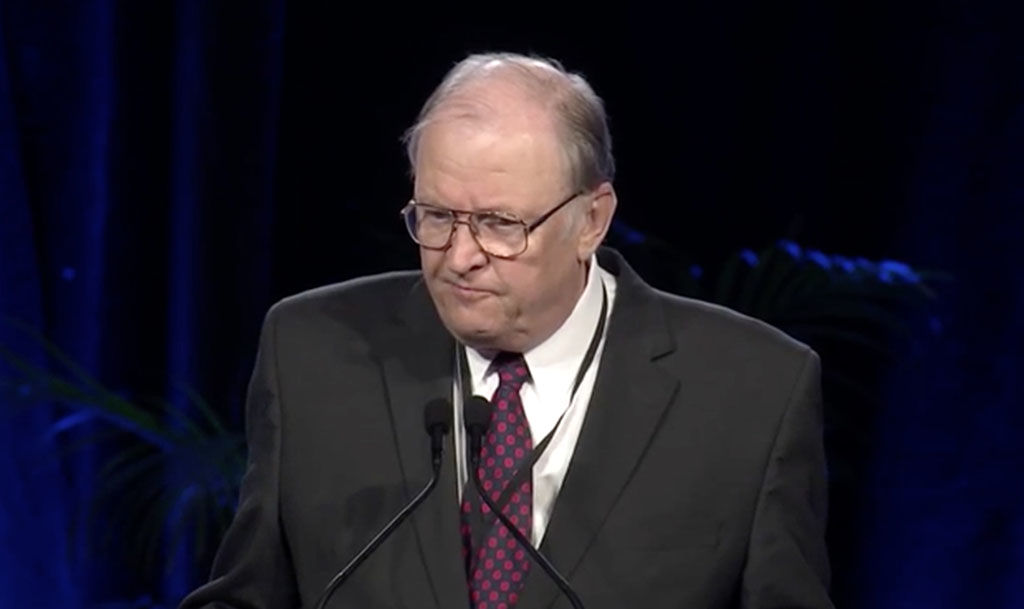At CCU, Armstrong was his very best ‘happy warrior’ and ‘servant leader’

Conservative icon Bill Armstrong, who spent 20 years as a Colorado member of Congress and who died this month, took the reins in 2006 as president at Colorado Christian University, where he worked his celebrated brand of leadership to perhaps its best effect, according to Jeff Hunt head of the college’s Centennial Institute.
“This year, we’ve enrolled the largest freshman class in the college’s hundred-year history. CCU is growing at its fastest rate ever,” said Hunt. “Why? What changed under Bill? Well, he was very focused about where he wanted it to go and he knew how to get it there.”
Armstrong set out to marry two popular kinds of Christian institutions in the country, those that focus on the liberal arts and those that focus on conservative public policy.
“There are hundreds of great Christian colleges that provide a liberal arts education, but a lot of those schools won’t touch politics,” said Hunt. “Bill was basically combining the Wheaton Colleges of the country with the Patrick Henry Colleges.”
It’s a vision straight out of the Armstrong era in Washington, when in the the Reagan years, Christians joined the conservative politics movement as a bloc.
“Bill thought historically about faith and public policy,” said Hunt. “The approach is that the two go together. It’s not either/or. It’s both/and.”
In 2009, Armstrong tapped John Andrews, president of the Colorado Senate, to run the university’s Centennial Institute. The Institute hosts the Western Conservative Summit, which now draws top political speakers and thousands of attendees every summer. Hunt took over from Andrews in 2015. He said Armstrong was a natural at laying out a vision and doing it in an inspiring way that fosters cooperation.
“Bill was what we call a ‘happy warrior.’ He identified talent and then he could get his team members to catch his vision. His leadership style stemmed from his humility – the recognition that other people have ideas that are worth consideration. Bill was highly motivated by his faith – he was a servant leader – that’s how he engaged the world, as a servant first. He was deeply principled but flexible in the details as to how to reach the goal. He was never negative. He was a thoughtful critic.”
Hunt said that in a year when U.S. politics is as bitterly partisan and perhaps as crude as it has ever been, it’s worth noting that Armstrong came away from Congress less partisan and sure of himself than when he went was first elected.
“Congress was a conversion experience for him. He realized he didn’t have all the answers, that you have to work to listen to each other in order to be effective.”













